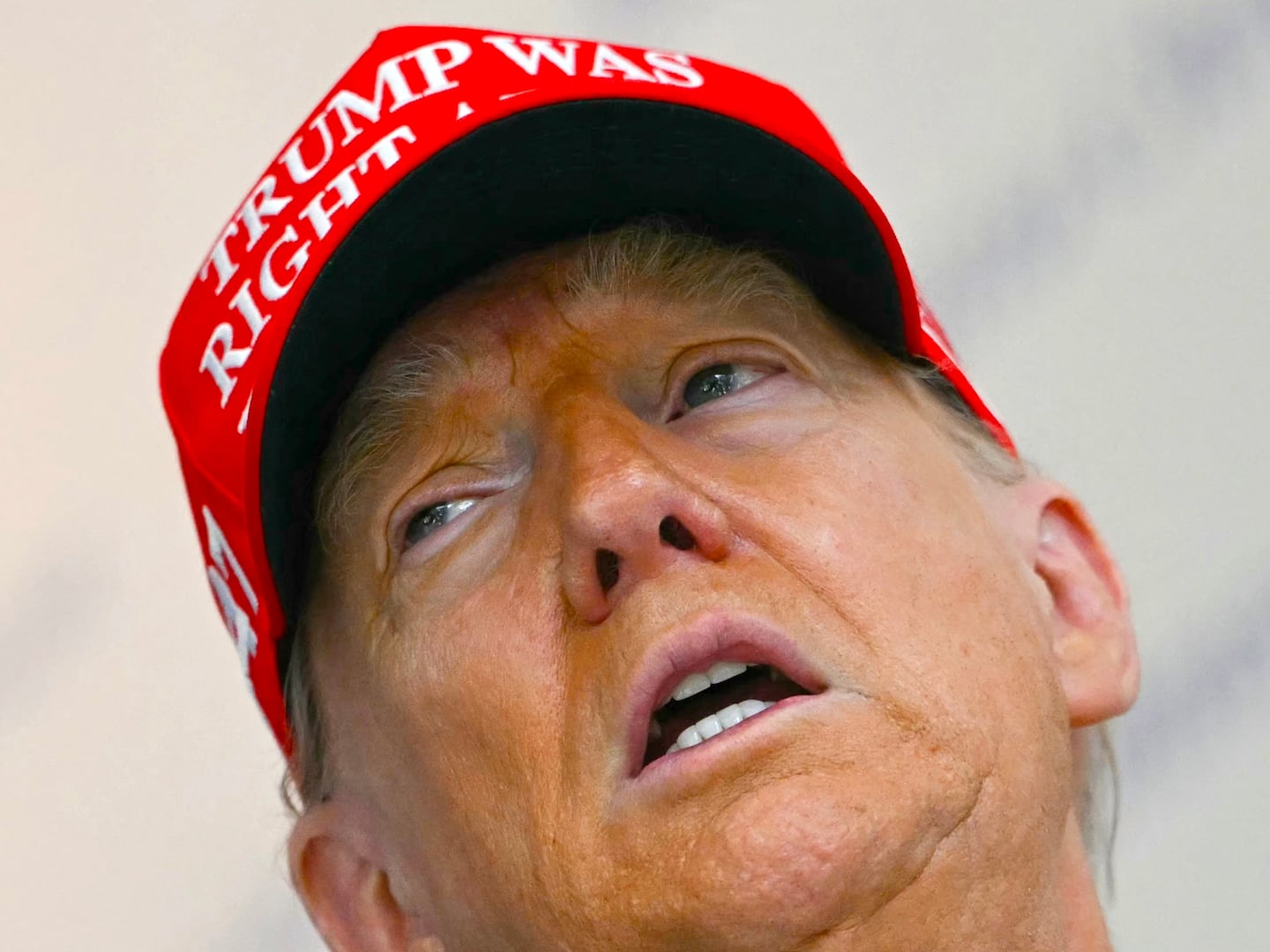President Obama will not attend the White House's own summit dedicated to Asian Americans Tuesday, the latest signal that he is neglecting the group in his second term, community advocates argue.
Asian Americans are the fastest growing voter bloc in the United States, but the president appears uninterested in wooing the community now that he has no elections left to run.
In the president's seventh year in office, Asian American activists feel neglected by the White House—even as the White House Initiative on Asian Americans and Pacific Islanders holds its first summit Tuesday, drawing an expected attendance of 2,000 people.
"Him not appearing somewhere with the Asian American community during Asian American Heritage Month is neglect," said Floyd Mori, head of the APAICS, the non-profit arm of the Congressional Asian Pacific American Caucus. "Since the last election, we haven't seen the access we've had before at the White House... Certainly with regard to appearing and meeting with Asian American groups, it has been sparse."
President Obama will instead attend the Catholic-Evangelical Leadership Summit on Overcoming Poverty at Georgetown University on Tuesday. In all likelihood, his route from the White House will involve passing by George Washington University, where his own White House is holding a summit for Asian Americans and Pacific Islanders.
He won't be stopping.
"We are disappointed that as we celebrate Asian-Pacific American Heritage month, the President will not be at his own summit honoring Asian Americans and Pacific Islanders... nor any other community events scheduled for Heritage month," said Mee Moua, the executive director of Asian Americans Advancing Justice. "We hope he will consider prioritizing AAPIs and make us part of his legacy. We look forward to working with the White House to make this a reality."
The White House Initiative on Asian Americans and Pacific Islanders had asked for Obama to come address their summit, but were told that the president would not, Mori said.
Asked by The Daily Beast, the White House did not say why the president would be absent.
That’s not to say the summit will be devoid of Obama representatives.
The White House summit boasts two panels with a number of cabinet officials, who will talk about how the Obama administration's actions have benefited the Asian American community.
“More than 15 Cabinet Secretaries and Senior Administration officials look forward to participating in the White House Summit on AAPIs,” said a White House spokesman. "There is no doubt this administration... will continue to proactively engage AAPIs and work to expand opportunity and address issues facing their communities. President Obama looks forward to continuing that engagement.”
But the summit’s lineup also serves to remind that for the first time in 15 years, the cabinet does not feature an Asian American member—something that has been true since the resignation of VA Secretary Eric Shinseki last May.
And while President Obama regularly appears at the Congressional Black Caucus Foundation and the Congressional Hispanic Caucus Institute’s annual events, he has been conspicuously absent from comparable events for the AAPI community.
Since taking office, he has attended all six of the Congressional Black Caucus Foundation’s annual events, and confirmed for five of the last six Congressional Hispanic Caucus Institute galas. The analogous group for the Asian American community, APAICS, has been able to feature him as a speaker just once in that same time frame: when he was up for election in 2012.
"Not only are we an afterthought, but we always have to beg [the White House]," said one political operative.
Whether it was attending events or acknowledging the plight of Asian American undocumented immigrants, the operative said, getting the White House to help was like pulling teeth.
Asian Americans make up approximately six percent of the population, but by 2050 some ten percent of individuals in the United States will be a member of the group. They represent the fastest growing swing vote in the country, with little loyalty to either Democrats or Republicans.
In a way, President Obama's apparent neglect of the Asian American community is even more striking considering his ties to the group. His half-sister has Indonesian ancestry, and he spent formative years in Hawaii, which has a majority-Asian population.
For Democrats who are otherwise proud advocates for Obama's White House, the president's recent neglect of Asian Americans is a difficult reality to face.
"I don't think he's done good or bad for the community. There's no significant achievement," asked one Asian American Democrat. "Why are we always taken advantage of?"
"But you're a supporter of his!" I replied.
"Of course!" the Democrat sighed.
Elaine Chao, the Secretary of Labor, held a regular reception for Asian American interns -- something that no longer takes place. It's the mere, minimum acknowledgement of the group -- and steps to boost its success -- that is missing now.
"We were actually treated like we were valued. [We didn't agree] on policy, of course, but as a community, as citizens who deserved recognition, it was very good," the Democrat said.
Asian Americans and Pacific Islanders (AAPI) have consistently struggled with the problem of invisibility in Washington, D.C.—and even advocates admit that often they have not been very aggressive about making demands.
"Maybe we need to be more vocal than we have," Mori said, attributing the problem in part to a cultural drawback. "Asians are not the ones that go out and pound on the door."
"The AAPI community is too satisfied with crumbs," said an Asian American staffer in the Obama administration. "Asian Americans are too happy about having the [White House] AAPI initiative, just that it exists. We've set the bar too low."
One positive spot for the Obama administration’s work with the AAPI community has been its work with federal judges: since the beginning of his administration, the president has appointed 21 AAPI federal judges (by comparison he has appointed 58 African American judges and 33 Hispanic judges). And three of his cabinet secretaries in the past have been Asian Americans.
“While we appreciate the President's commitment to diversifying the federal bench and his cabinet with Asian American appointments, there is much more outreach to be done to help elevate and address the problems facing our communities,” Moua said.
The AAPI community’s problem is compounded by the fact that the White House’s highest profile Asian Americans have left for other jobs. Christopher Lu, the former cabinet secretary, left for the Labor Department. And actor Kal Penn left as an Associate Director of the White House Office of Public Engagement in 2010.
“Before when he had people around him that had community interests also, they worked on our behalf. Whereas there haven't been very many high-level Asians in the White House [lately],” Mori said.






